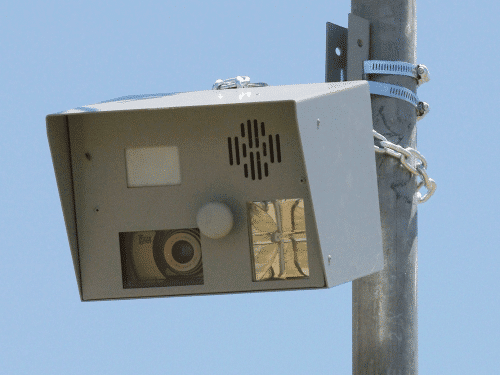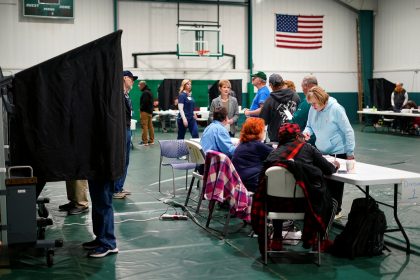When Cities Rely on Fines and Fees, Everybody Loses

Raising taxes is painful. That may be why, since 2010, 47 states and a number of cities have instead raised both civil and criminal fines and fees. These increases are often viewed as a conflict-free way to plug budget holes.
In the last decade, for example, New York City grew its revenues from fines by 35 percent, raking in $993 million in fiscal 2016 alone. The monies came largely from parking and red light camera violations, as well as stricter enforcement of “quality of life” offenses such as littering and noise. In California, routine traffic tickets now carry a multiplicity of revenue-boosting “surcharges.” As a result, the true price of a $100 traffic ticket is more like $490 — and up to $815 with late fees, according to the Lawyers’ Committee for Civil Rights of the San Francisco Bay Area.
This increasing reliance on fines and fees comes despite what we learned following the shooting in 2014 of Michael Brown by a police officer in Ferguson, Mo. A federal investigation of the city’s police department subsequently revealed that as much as a quarter of the city’s budget was derived from fines and fees. Police officers, under pressure to “produce” revenue, extracted millions of dollars in penalties from lower-income and African-American residents. In 2017, the U.S. Commission on Civil Rights issued a follow-up report finding that the “targeting” of low-income and minority communities for fines and fees is far from unique to Ferguson.
This potential for injustice is one reason why states and cities should be weaning themselves from fines and fees. Another is that these revenue boosters carry economic costs that far outweigh the short-term revenue gains.
Because the burden of these penalties falls disproportionately on people who can’t afford to pay, jurisdictions collect far less than expected and waste resources chasing down payments that won’t materialize. In California, increased fines and fees have resulted not in a treasury flush with cash but in $12.3 billion in uncollected court debt as of 2016. A 2014 study of Alabama court costs also found abysmal collection rates — under 10 percent on average — despite countless hours spent by staff pursuing payment.
States can further see net losses if driver’s licenses are suspended or residents are incarcerated for nonpayment. The report by the Commission on Civil Rights found that in some jurisdictions as many as one-fourth of local inmates were in jail for nonpayment of fines and fees. The fiscal impacts of this policy are obvious. In addition to its direct expenses, incarceration — even short stints in jail — can lead to costly outcomes, including unemployment, dependence on public benefits and greater risk of crime.
Nearly as damaging — and far more common — are driver’s license suspensions. The Washington Post reported that more than 7 million people nationwide may have had their licenses suspended because of traffic debts. These suspensions have economic consequences. “People can’t drive and go to work, which means they can’t pay the fines and fees or support their families,” says Joanna Weiss, co-director of the Fines and Fees Justice Center.
A few jurisdictions are rethinking these revenue generators. In the lead is San Francisco, which established the Financial Justice Project dedicated to fines and fees reform. Promising efforts are also afoot in cities and states, including California, Illinois, New York City, Philadelphia and Washington state. Some jurisdictions are working to end license suspensions — a trend that could accelerate after a federal judge recently ruled the practice unconstitutional in Tennessee. Other places are considering non-monetary penalties, such as community service or instituting so-called day fines or payment plans based on the ability to pay. In San Francisco, for instance, a newly instituted payment plan for low-income residents has already quadrupled the parking fines being paid.
The bottom line: Despite the short-term boosts civil and criminal fines and fees appear to bring, the long-term cost to cities, states and their residents is likely to be far greater.
—
This article was originally published on Governing.com























